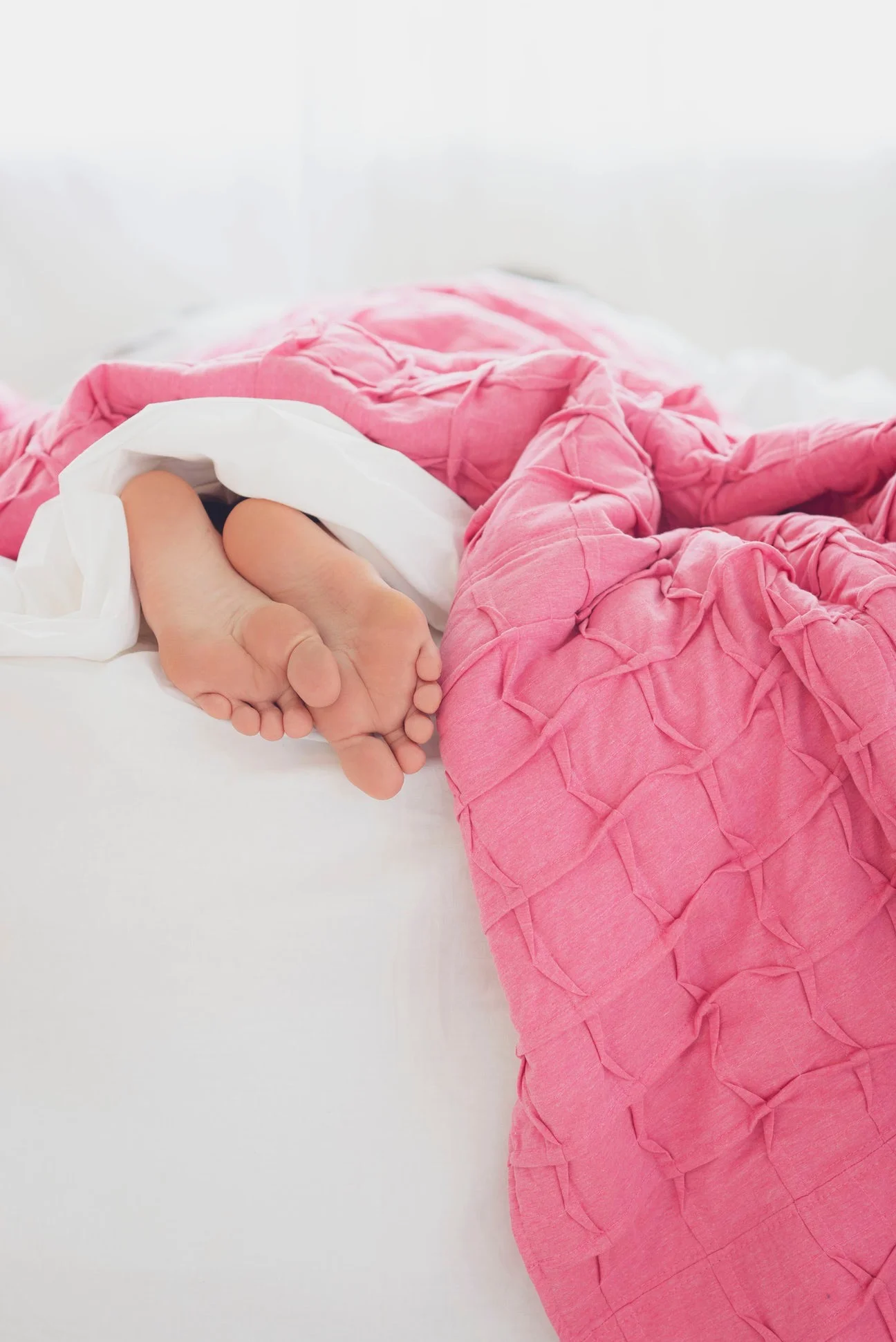Sleep. How much do you get? Unfortunately, sleep can escape all of us from time to time and is something we don’t worry too much about it. As we drag through our day, not being our best, we simply make plans with ourselves to catch up on lost sleep over the weekend or perhaps find time for a catnap in the afternoons. Both, of course, serve a purpose in their own right; but, neither are adequate remedy for sleep loss.
Recently, I suffered major sleep loss when one night I got a little less than 4 hours sleep. In hindsight, I knew where I had gone wrong. I had grossly over extended myself and was in overdrive to get things done. I stayed up too late, slept poorly, which of course only increased my anxiety, and woke to a full day of back to back activities. Unfortunately, I had no choice and pushed forward with more coffee than normal in hand. Sound familiar?
It wasn’t until the next day, after I had taken the time to grab some lunch, that the downward spiral began. I actually got a little scared when walking back to my car. I felt shaky, weak and thought my legs were going to give out on me. Fortunately I made it home safely and took a nap later as well as had the opportunity to sleep in the next day. But WOW, what an impression the whole experience made on me. I’ve been low on sleep before but it had never affected me to the point that it scared me.
Sleep is HUGE. Getting enough sleep is vital to our physical and mental health in so many ways. Our bodies use that time to complete so many processes. In fact, it is when the brain is the most active. Our body AND our brain fully detoxify when we sleep. Our brain does its’ own housekeeping by sorting out information and solidifying the things we learned during the day. Our cells repair themselves. Our immune system kicks into high gear. So much is critical to us getting a good nights sleep.
The Center for Disease Control & Prevention recommends 7-9 hours of sleep for adults. Fewer than 7 is considered sleep deprived. Sleeplessness can become a pattern over time and we may not even realize it. It just becomes a “new norm” for our bodies which is not the desired norm.
Sleep deprivation can cause us to:
Be unable to focus
Experience increased anxiety
Be less patient and more irritable
Take bigger risks than normal
Have increased risk of diabetes, high blood pressure and heart disease
Gain weight
Have a compromised immune system
Shorter life span
If you are suffering from lack of sleep, fortunately, there are some energizing things you can do to help you survive your day such as:
Get outside and get exposed to natural light
Move around
A little caffeine is ok but don’t overdo. 8 ounces a day is recommended.
Nap if possible but not for a long term as you want to avoid a deep sleep.
Sleep good the next night.
Of course, best practice is to get the recommended 7-9 hours by not eating dinner at least 2 hours before bed and limiting screen time 2 hours before bed time. People who practice a bedtime ritual and go to bed consistently about the same time every night seem to suffer fewer sleepless nights. Natural remedies, such as essential oils, can also be very beneficial in promoting sleep. Most importantly, make sleep a priority. It affects your health and everything you do.
Jane Sartain


